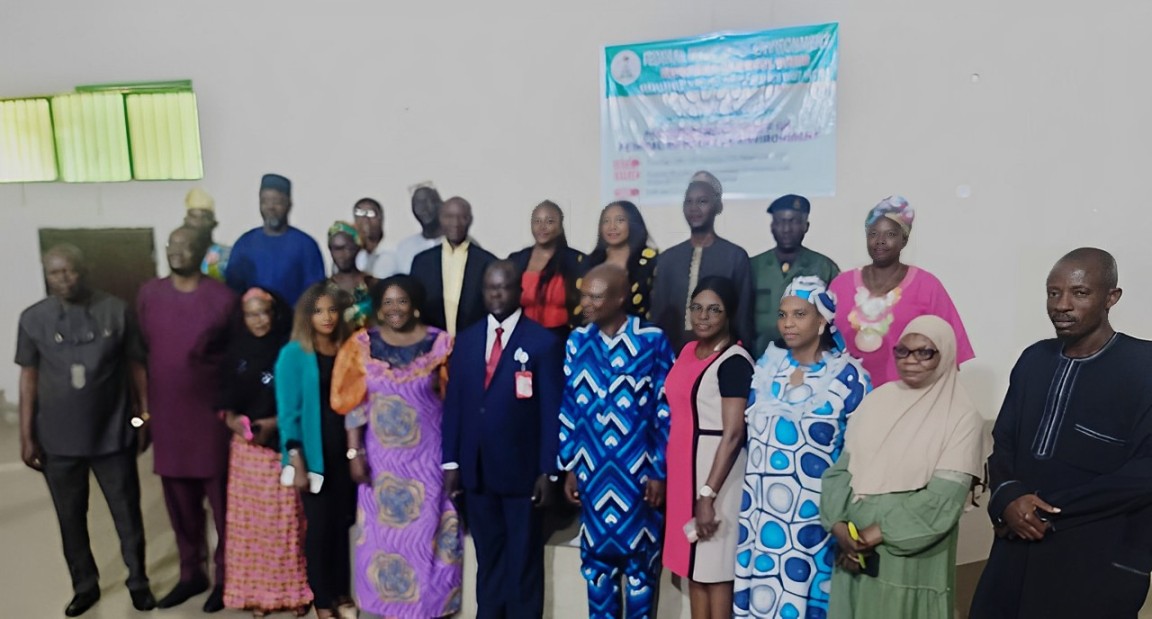Chairman of the Independent Corrupt Practices and Other Related Offences Commission (ICPC), Dr. Musa Adamu Aliyu, SAN stated that corruption was one of the prominent factors of environmental degradation in Nigeria, causing loss of lives, deterring access to resources, health impacts and displacement.
Dr. Aliyu, who stated this recently at a sensitisation workshop organised by the Anti-Corruption and Transparency Unit (ACTU) of the Federal Ministry of Environment for its management staff; stressed the crucial importance of the Ministry and its staff, as they were responsible for protecting and preserving the natural environment, promoting sustainable development and ensuring environmental justice.
The ICPC Chairman emphasised that corrupt practices in the management of environment; such as illegal logging and deforestation, pollution from industrial activities, unauthorised waste disposal, destructive fishing practices, unregulated mining and manipulation of environment; were the consequences negatively affecting sustainable development.
He further stated that the sensitisation session aimed at enlightening the directorate cadre Grade Level 15-17 of the Ministry on the required methodologies necessary in achieving a zero-tolerance in the workplace through corruption prevention and the role of the Anti-Corruption and Transparency Unit (ACTU)”.
While urging participants to steer clear of the menace, in his presentation titled Corruption in the Workplace, Prevention Methodologies and the Role of ACTU; Aliyu highlighted the concepts of corruption, examples of environmental corruption and its effects and how corruption in the workplace can be prevented.
He also stressed the need for participants to spread the message of the core values contained in the National Ethics and Integrity Policy (NEIP) such as: Human Dignity, Patriotism, Professionalism, Integrity, National Unity, Voice and Participation to their subordinates.
In her presentation titled Resolving Attitudinal Issues and Ethical Dilemmas for an Effective Workforce ICPC ACTU Desk officer at the Ministry, Alice Bolarinwa, Assistant Chief Superintendent of ICPC educated participants on the importance of possessing high ethical standard in the workplace, highlighting the factors that affected attitudes and behavior in the workplace and how they could be addressed.


